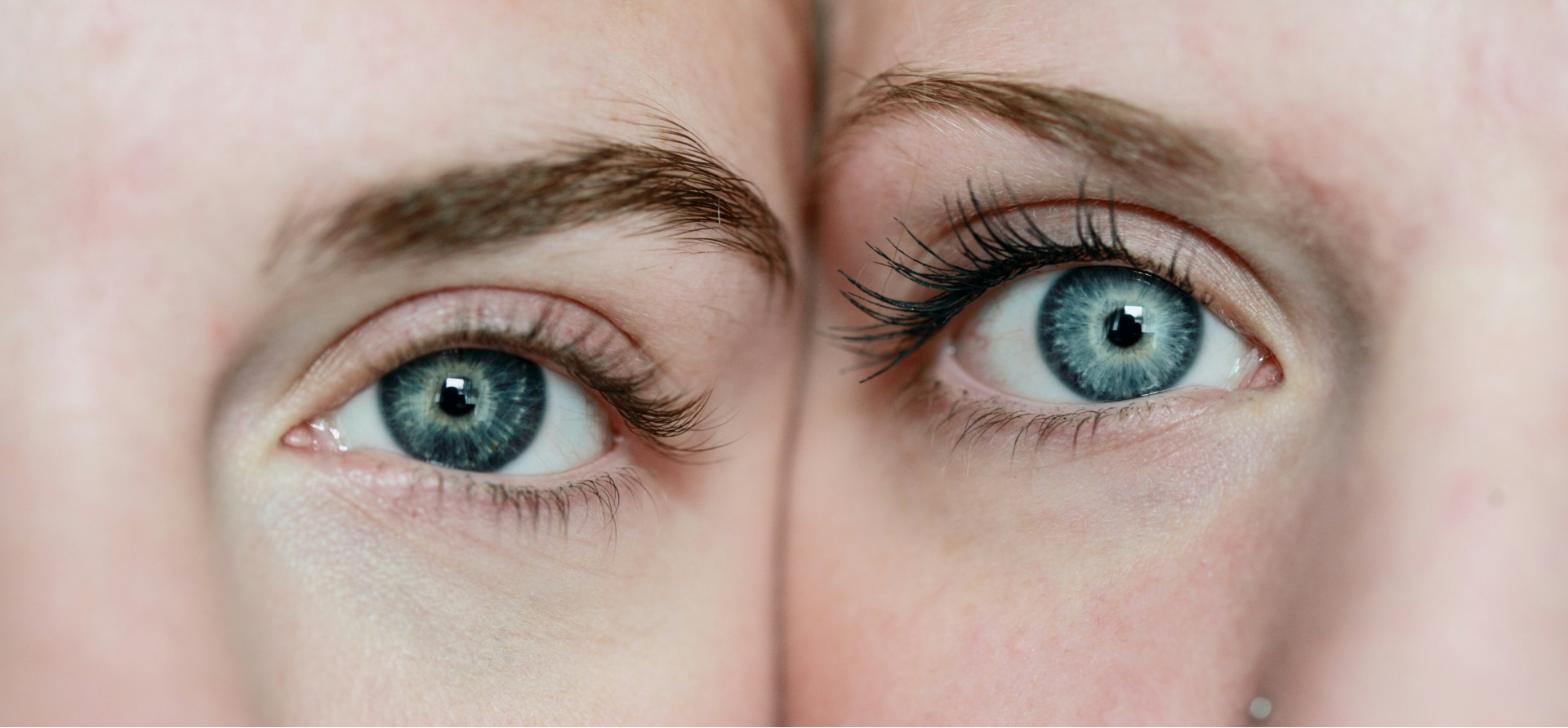
Medical Negligence
Ophthalmic claims
Ophthalmic claims can be made following injury to the eye or sight loss that was caused by clinical negligence. If you think you have a claim, we are well placed to advise.
Ophthalmic claims can be made following injury to the eye or sight loss that was caused by clinical negligence.
We are experienced in advising clients who have suffered visual impairment or vision loss.
What is ophthalmology?
Ophthalmology is the branch of medicine concerned with the study and treatment of disorders and diseases of the eye.
Ophthalmologists are trained to treat a variety of common diseases, including:
- Cataracts
- Excessive tearing (tear duct obstruction)
- Eye tumours
- Glaucoma
- Orbital fracture
- Retinal detachment
- Refractive errors
- Ruptured globe injury
- Thyroid eye disease
When might you have an ophthalmic clinical negligence claim?
Ophthalmic claims can be brought for a variety of issues, and involve injury to the eye or sight loss that was caused by clinical negligence. The types of ophthalmic claims we assist with include:
- Surgical accidents, including problems with laser surgery
- Delay or failure to diagnose:
- High blood pressure in the eyes
- Malignancy (cancerous cells)
- Glaucoma
- Giant Cell Arteritis
- Retinal detachment
- Surgical accidents, including cataract surgery and corneal transplantation
- Failure to give appropriate advice on the risks, benefits and other treatment options
How to make a claim
Early diagnosis and timely treatment are crucial to preventing the above eye conditions/injuries from getting worse or causing permanent injury and sight loss.
Sometimes a medical professional may fail to recognise that a worsening ophthalmic issue is a red flag for more serious neurological conditions.
Losing your vision can be life-changing. You may need to adapt your living situation or move accommodation altogether. You may need to retrain or cease working altogether. You may also have to learn how to use braille.
If negligent care has caused you ophthalmic issues, compensation can help to alleviate some of the financial hurdles you may face. The amount of compensation you receive will reflect the cost of restoring the injured party as far as possible, to the position they would have been in, had the negligence not occurred.
Ophthalmic claims are complex and can be expensive to bring. Please get in touch with our specialist team if you think you may have a claim.















